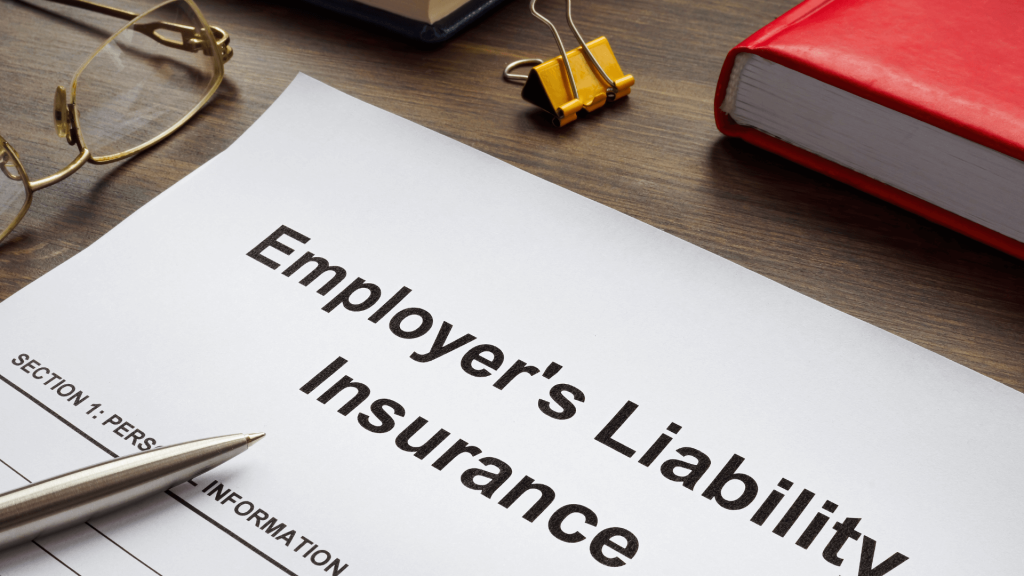April 16 2025
Categories: Business Insurance, P&C Solutions
April 16 2025
Categories: Business Insurance, P&C Solutions

Every employer knows workers' compensation covers medical bills and lost wages for injured employees, but not all realize the hidden shield in their policy: employers' liability coverage. While statutory benefits handle predictable costs like wage replacement and treatment, employers’ liability steps in when lawsuits arise, protecting your business from negligence claims, third-party actions, or even wrongful death suits. This often-overlooked component can mean the difference between a resolved claim and a devastating legal battle.
Workers' compensation is a no-fault system mandated by state law that ensures employees receive statutory benefits for job-related injuries, illnesses, or fatalities caused by accidents or occupational diseases. A workers' compensation and employers' liability policy protects employers against the primary risks associated with employee injuries in 2 parts:
Part 1 - covers the employer's statutory liabilities under workers' compensation laws and includes:
Part 2 - addresses the legal liability of employers arising from employee claims beyond the scope of workers' compensation; examples include:
Employers' liability often has three separate coverage limits:
The amount of coverage will vary based on a company's size, industry, operations, and particular workplace exposures. Consult your advisor to determine sufficient insurance limits. Don't settle for generic advice. You deserve an insurance advisor who proves their value.
A Strategic Advantage
Understanding employers’ liability insurance isn’t just about compliance; it’s about protecting your business. Here are some proactive steps employers can take:
What About My Umbrella Policy?
Umbrella insurance does not automatically extend to all claims, and specific exclusions can leave employers financially vulnerable. A key exclusion in nearly all umbrella policies is direct coverage for workers’ compensation claims. Insurers explicitly state that umbrella coverage does not replace or supplement mandated workers’ compensation insurance, meaning medical expenses, lost wages, and disability benefits for injured employees must be covered solely by the employer’s workers’ compensation policy or self-insurance program.
Beyond workers’ compensation, umbrella policies often exclude claims related to intentional acts, fraud, and criminal misconduct. Claims may be denied if an employer knowingly violated safety regulations, such as failing to provide protective equipment or ignoring known hazards. Punitive damages, awarded in cases of gross negligence or misconduct, are also frequently excluded, leaving employers responsible for these costs.
Defending Your Business with a Two-Part Policy
When employers' liability claims occur, the financial impact can be catastrophic, and often there is no alternative insurance to rely on. These lawsuits carry dual threats; substantial payouts and reputational damage. The tandem protection of workers' compensation (covering employee medical costs) and employers' liability (shielding against lawsuit damages) creates a complete risk management solution.
Understanding your workers' compensation and employers' liability policy allows you to maximize its benefits and customize coverage to your specific needs. When considering workplace insurance, employers' liability is essential for safeguarding your assets and preserving your business reputation.
You deserve an advisor who exceeds expectations, driving growth
See how #TeamKoppinger can fuel your success
Ready to elevate your experience? Let's Talk